For the screw type air compressor, it can be divided into two kinds: double-screw/twin-screw type or single-screw, we will talk about how double-screw air compressor work.
The basic structure of the Twin Screw Air-end
The oil-lubricated(or oil-injected) screw air compressor is mainly composed of the main system and the auxiliary system.
- The main system includes the screw air end and the motor.
- The auxiliary system includes intake and exhaust systems, oil and gas separation systems, cooling systems, control systems, and so on.
The free air passes through the intake filter to filter out dust and impurities. Then it enters the air end and is mixed with the injected lubricating oil during the compression process.
The compressed oil and gas mixture is discharged into the oil and gas separation barrel. After the first and second oil and gas separation, it is sent to the user system through the minimum pressure valve, the rear cooler, and the gas-water separator.
Working principle of the Twin-Screw Air-end
1. Inhalation process:
The motor drives the rotor. When the tooth groove space of the master and slave rotors is turned to the opening of the inlet end wall, the space is large. The outside air is filled with it. Then the air inlet side end surface of the rotor turns away from the air inlet of the shell. The air between the tooth grooves is enclosed between the master, slave rotors, and the shell to complete the air suction process.
2. Compression process:
At the end of the ion, the enclosed volume is formed by the main and slave rotor tooth peaks. The casing decreases with the change of the rotor angle and moves in a spiral shape.
3. Compressed gas and fuel injection process:
During the conveying process, the volume is continuously reduced. The gas is continuously compressed, the pressure increases, and the temperature increases. At the same time, the lubrication that becomes misty due to the air pressure difference is sprayed into the compression chamber. That can achieve compression, lower temperature, sealing, and lubrication.
4. Exhaust process:
When the closed tooth crest of the rotor rotates to meet the exhaust port of the casing, the compressed air begins to be discharged. Until the coincidence surface of the tooth crest and the tooth, the groove moves to the exhaust end surface. At this time, the tooth groove space is zero, and the exhaust is completed the process. At the same time, the other pair of tooth grooves of the master and slave rotors. They have rotated to the inlet end, forming the largest space. The suction process begins, thus starting a new compression cycle.
Main advantages of the Twin-screw Air Compressor

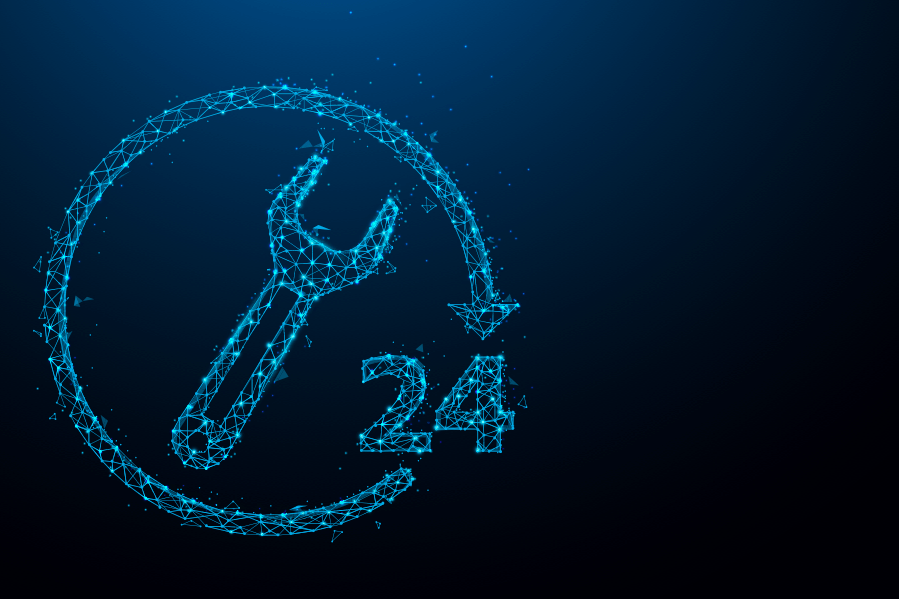
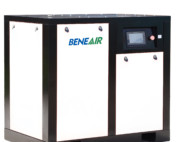
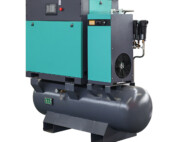
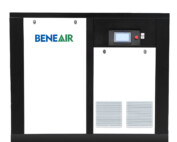
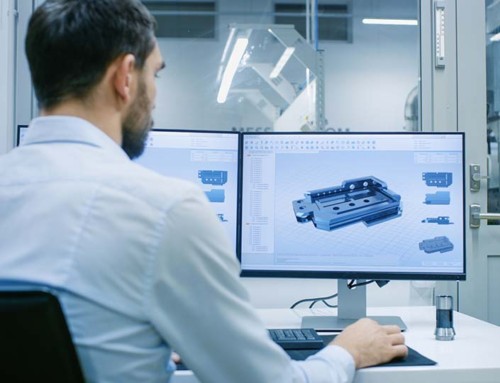

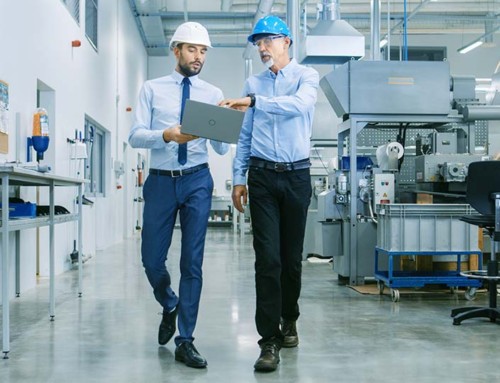
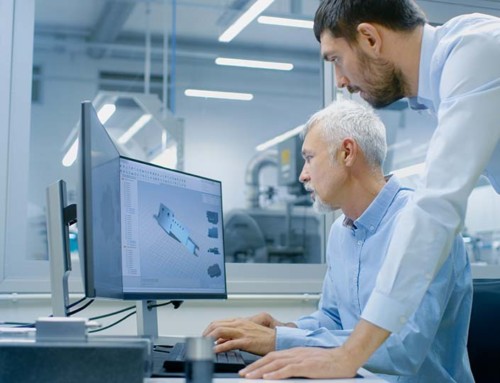
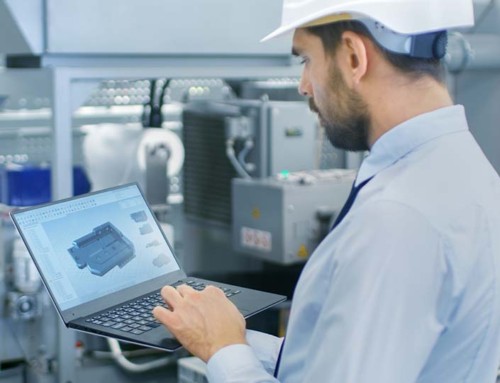
Leave A Comment